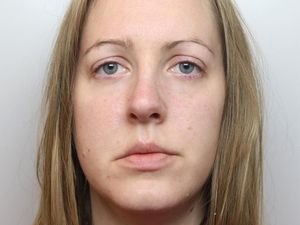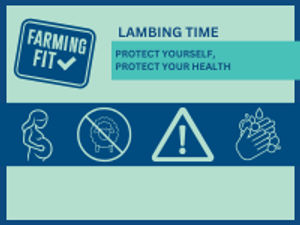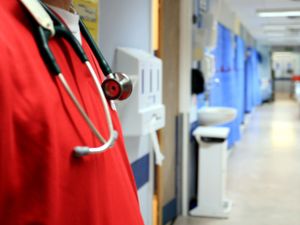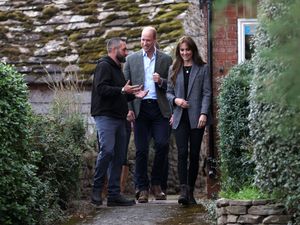Nearly 1,100 hoax calls in a year for West Midlands Ambulance Service
West Midlands Ambulance Service received 1,088 hoax calls last year.
The service revealed it had received 5,500 malicious call-outs since 2014.
Bosses said that hoax calls not only wasted hundreds of thousands of pounds of taxpayers' cash, but also could have put lives at risk because it delayed answering calls to and responding to patient who are critically ill or injured.
Jeremy Brown, who is charge of the region's two ambulance emergency operations centres, said: "“At a time when we are busier than ever, the fact that some people think it is appropriate to deliberately make 999 calls when there is no need is despicable.
“Given we now regularly receive around 4,000 emergency calls each day, the fact that the numbers have remained largely at the same level shows the tremendous dedication of my staff who challenge calls and ensure resources are not sent to a good proportion of these hoax calls.
“With a bank holiday ahead and children off school, we would urge parents and guardians to be mindful that quite a lot of hoax calls do come from youngsters."
Mr Brown said they sometimes receive particularly morbid reports from hoax callers.
Distressing
“Over the years we have seen all sorts of calls: we’ve had people calling about patients not breathing, serious road traffic collisions, patients committing suicide and claims patients are about to die," he said
"Understandably, these can be distressing for my call handlers, but when we then send vital resources on blue lights to these cases only to find that there is no-one there, you can imagine what we think.
“Not only has it tied up a call handler dealing with the call, it means those ambulances have had to drive on blue lights through often busy streets putting other drivers at risk, only to find that there was no need. Worse, it means they weren’t here for patients who were genuinely in need of that response. It is appalling.
“We have seen a number of people charged and convicted where they have maliciously abused the 999 call system and we will not hesitate to push for prosecutions again, if that is appropriate.
“Considering we now receive well over a million calls a year, thankfully the number of these which are hoaxes is still very low, but even one is one too many. We would ask everyone to help us reduce these numbers further so that we can provide the best possible service to the people who need us most.”
For 2014/15, the services received 1,171 hoax calls, while in 2015/16 they received 1,283.
The numbers dipped in 2016/17 to 905, and rose slightly the following year to 990.





